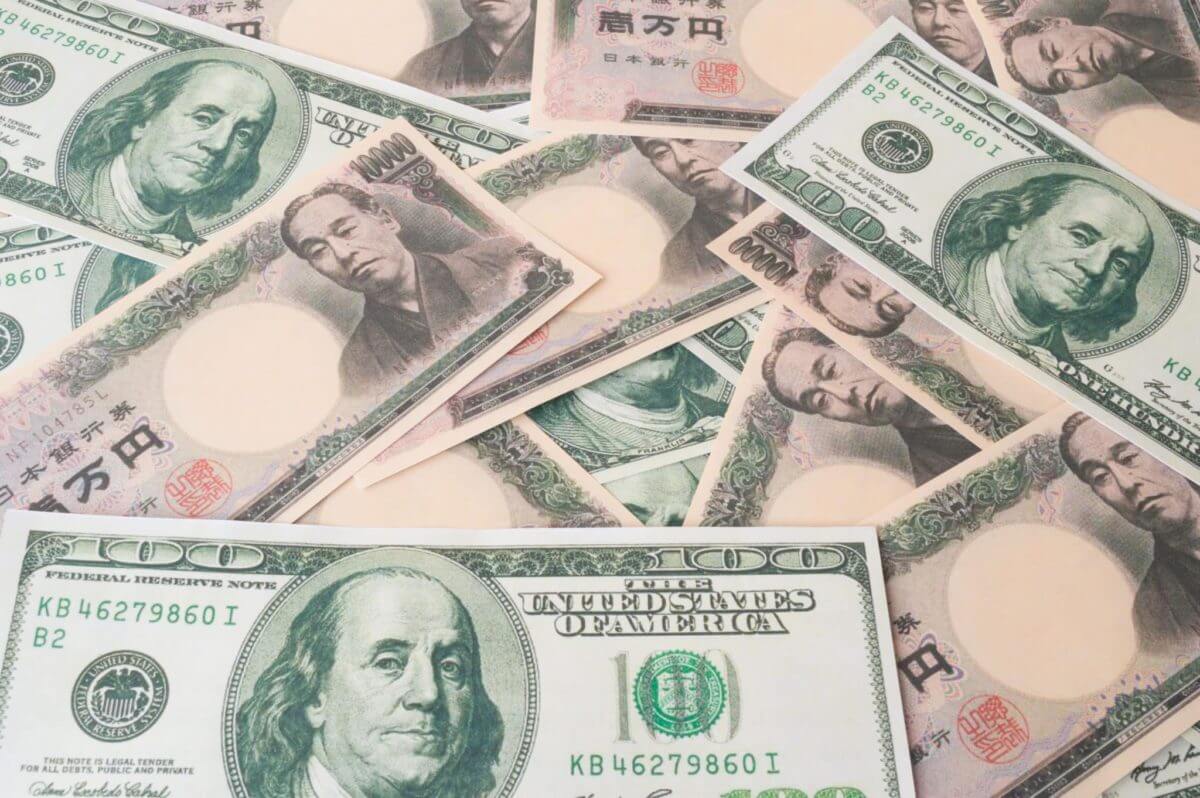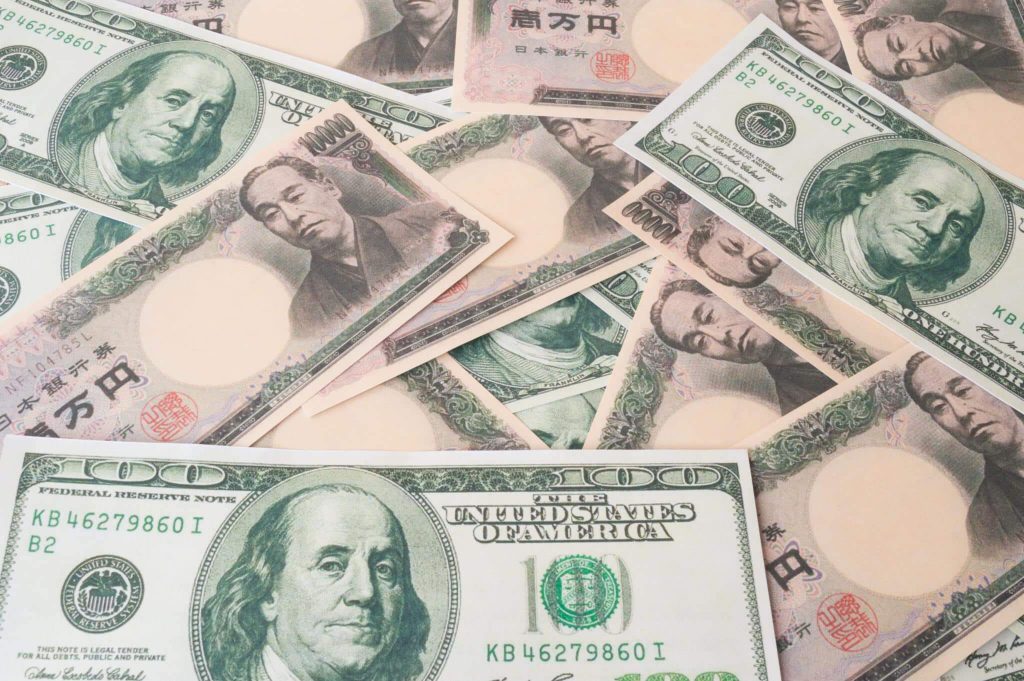
Yen hits 24-year low against the dollar
The yen fell to a 24-year low of 135.19 per dollar on Monday, drawing increased attention from Japanese officials concerned about the currency’s rapid depreciation.
The yen fell further as speculators wagered that the Bank of Japan would be the only major central bank to retain ultra-loose monetary policy despite its rivals in the United States and Europe entering an interest-rate-raising cycle.
Currency specialists predicted last week that the yen would remain volatile versus the dollar ahead of the Bank of Japan’s monetary policy meeting on Thursday and Friday. Yields on US Treasury two-year debt increased 0.08 percentage points to 3.145 percent, approaching the highest level since the start of the financial crisis in late 2007.
The Nikkei 225 Japanese stock index, which generally climbs when the yen falls because a weaker currency is considered beneficial to exporters, plummeted by 3% on concerns about the broader economic impact.
The recent yen depreciation prompted the CEO of Nomura, Japan’s largest investment bank, to tell the Financial Times that the occurrence could spark a wave of dealmaking by international private equity groups and other investors.
Some economists have begun to believe that the sinking yen is damaging the economy despite its long history of supporting corporate profits in Japan.
According to the Daiwa Institute of Research, if the yen fell 10% from 116.2 yen to the dollar, around the middle of the range it traded in during the January-March quarter, real GDP for the fiscal year ending March 2023 would fall 0.05 percent. The economic blow would come from higher import prices, offset the benefits of more competitive exports due to the weaker currency.
According to a critical European Central Bank survey released Monday, the eurozone will avoid a recession this year, and growth will accelerate considerably after bottoming out in the second quarter.
Russia’s invasion of Ukraine has harmed the 19-country currency bloc, reducing confidence, investment, and household purchasing power through dramatically increased fuel and food costs. According to the ECB’s Survey of Monetary Analysts, the economy is anticipated to grow by 0.1 percent in the second quarter before accelerating to 0.4 percent in both the third and fourth quarters.


